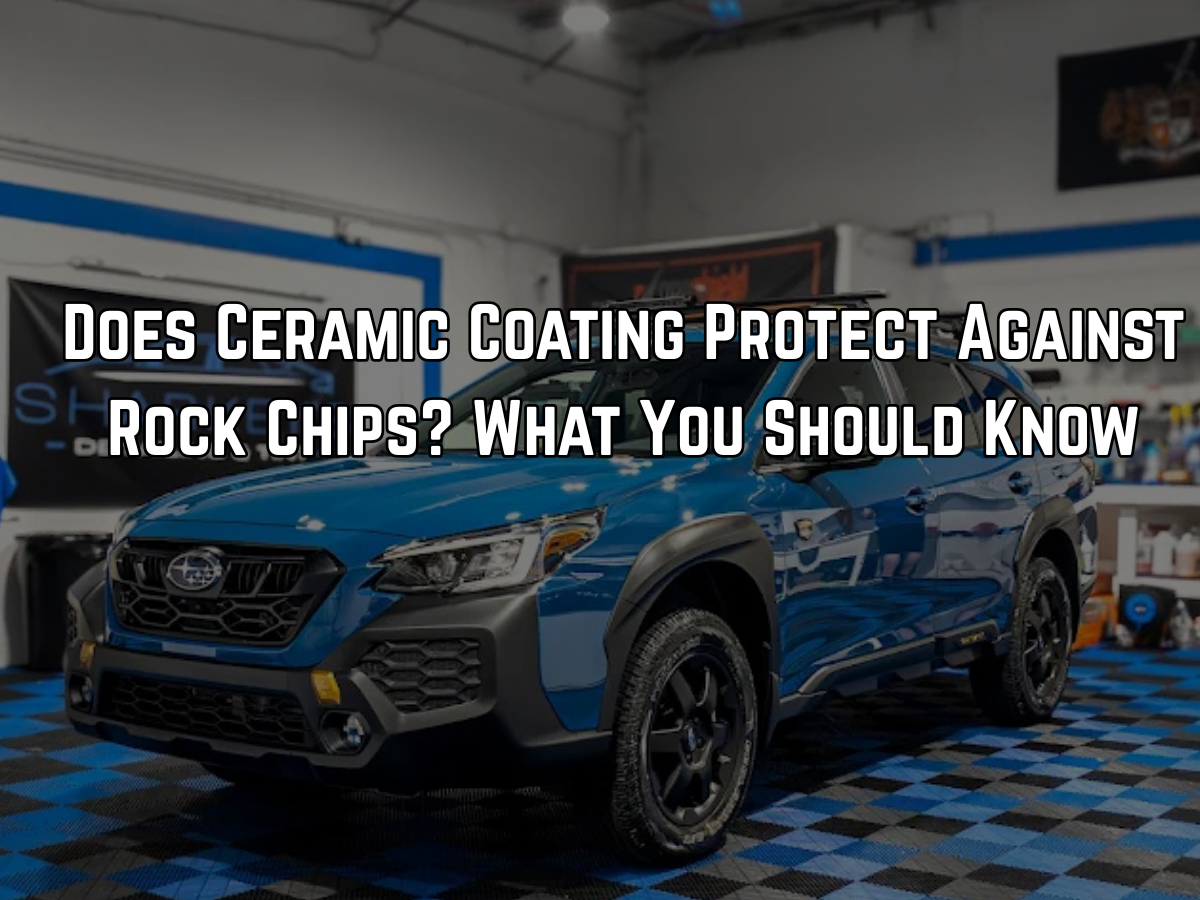How to Remove Pet Hair From Your Vehicle
If you're a pet owner, you know the struggle pet hair clings to car seats like glue. Whether it’s short fur or long strands, removing it with just a vacuum usually doesn’t cut it.
The good news? With the right tools and steps, you can remove pet hair efficiently without damaging your car’s upholstery or wasting hours.
Key Takeaways
- Use specialized tools like rubber brushes or pumice stones for best results.
- Static and friction help loosen stubborn hairs stuck in fabric fibers.
- Vacuum last, not first, after lifting the hair mechanically.
- Prevention (like seat covers or lint rollers) saves time long-term.
Why Is Pet Hair So Hard to Remove From Car Interiors?
Pet hair, especially from dogs and cats, is lightweight, thin, and often electrostatically charged. That static makes it cling tightly to:
- Cloth seats
- Carpeted flooring
- Seat crevices and seams
Worse, hair works its way deep into fabric fibers where vacuums can’t reach without help.
Tools You’ll Need (and Why They Work)
Here’s a breakdown of the most effective tools, including why they work and when to use them.
| Tool | Best For | Why It Works |
|---|---|---|
| Rubber Pet Hair Brush | Seats, carpets | Static attracts and lifts hair |
| Pumice Stone | Carpeted floor (not leather) | Abrasive enough to loosen embedded hair |
| Lint Roller | Quick pick-up on soft areas | Sticky tape grabs surface hairs |
| Compressed Air | Vents, crevices | Blasts trapped hair from tight spaces |
| Vacuum with Pet Tool | Final clean-up pass | Sucks up loose hair after it's lifted |
Step-by-Step: How to Remove Pet Hair From Your Vehicle
Step 1: Dry Brush or Pumice Stone First
Before you vacuum, use a rubber brush or pumice stone to loosen embedded hair.
- Work in one direction.
- Use short strokes.
- Pull hair toward one pile.
Note: Never use pumice stones on leather or vinyl; they scratch.
Step 2: Lift Hair With Static or Dampness
Use a slightly damp microfiber cloth to clump and gather loose fur. You can also use:
- Inflated balloons (static helps lift hair)
- Rubber gloves, slightly damp, rubbed across seats
Both create static friction that attracts hair into one pile, making it easier to grab or vacuum.
Step 3: Vacuum Thoroughly
Once hair is loose, vacuum it up using:
- A crevice tool for tight spaces
- A motorized pet brush for cloth seats
- A brush nozzle for flat carpet areas
Go slow. Quick passes won’t suck up finer hair.
Step 4: Clean Crevices and Vents
Hair hides in:
- Seat seams
- Cup holders
- Door jambs
- Vents and between seats
Use a detail brush or compressed air to dislodge it, then vacuum again.
Step 5: Final Wipe-Down
Use a microfiber cloth to wipe all surfaces-dash, panels, seatbacks. This picks up any remaining hairs, especially fine strands you may not see easily.
How to Prevent Pet Hair Build-Up in Cars
You can cut clean-up time in half by preventing hair from sticking in the first place.
Tips to reduce pet hair build-up:
- Use pet seat covers or blankets
- Brush your pet before car rides
- Keep a portable lint roller in the glove box
- Try anti-static spray on fabric surfaces
- Use cargo liners for hatchbacks and SUVs
Best Products for Pet Hair Removal
| Product Name | Tool Type | Best Feature |
|---|---|---|
| Lilly Brush Mini Pet Pro | Rubber brush | Compact and reusable |
| Fur-Zoff Pet Hair Remover | Pumice-like stone | Eco-friendly, no handle |
| ChomChom Roller | Manual roller | No refills or batteries |
| Bissell Pet Hair Eraser | Cordless vacuum | Includes motorized pet tool |
| Scotch-Brite Lint Roller | Sticky tape | Great for quick cleanups |
Conclusion
Removing pet hair from your vehicle isn’t just about looks, it’s also about hygiene and comfort. With the right tools and a consistent method, you can keep your car clean, fresh, and fur-free.




